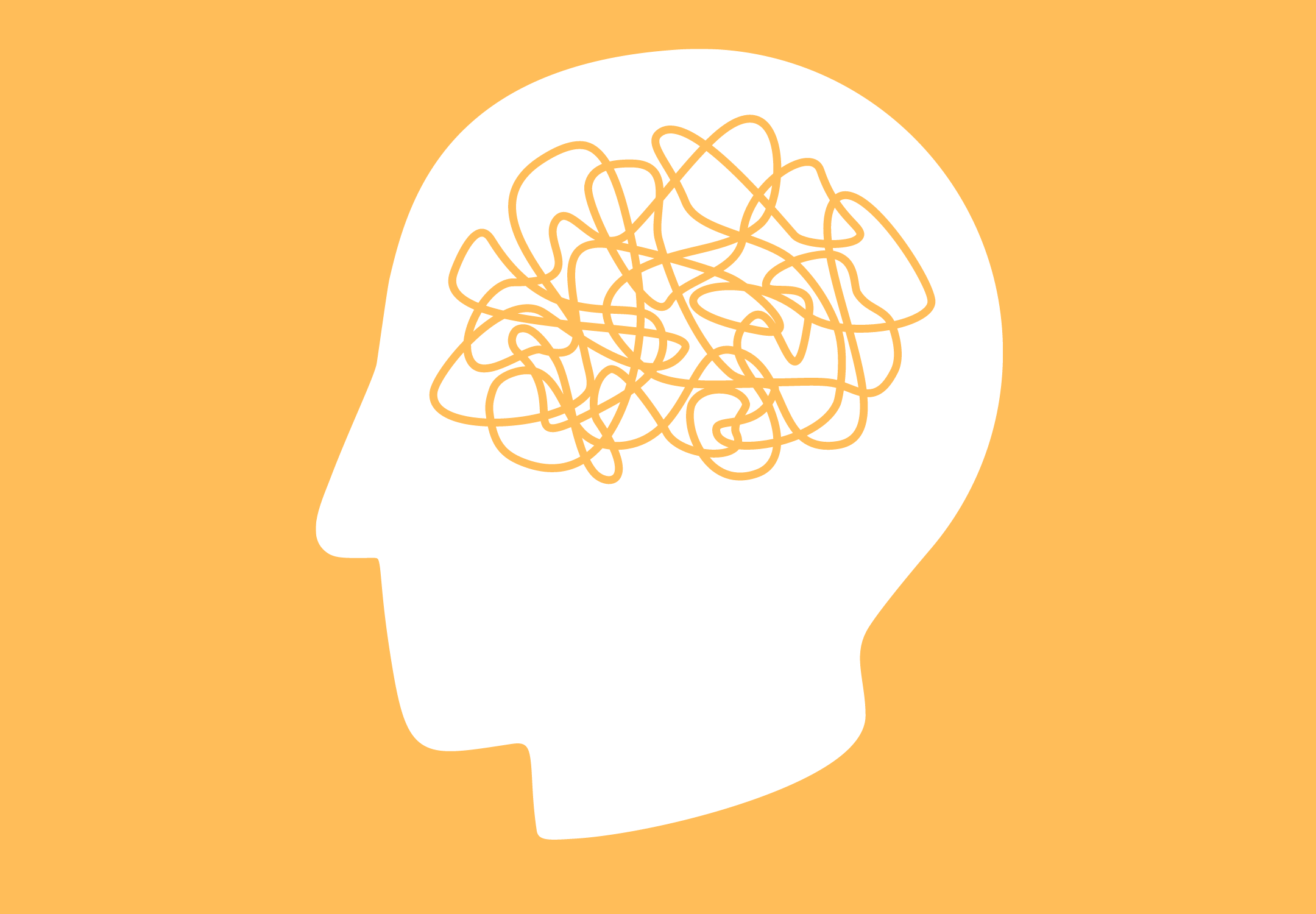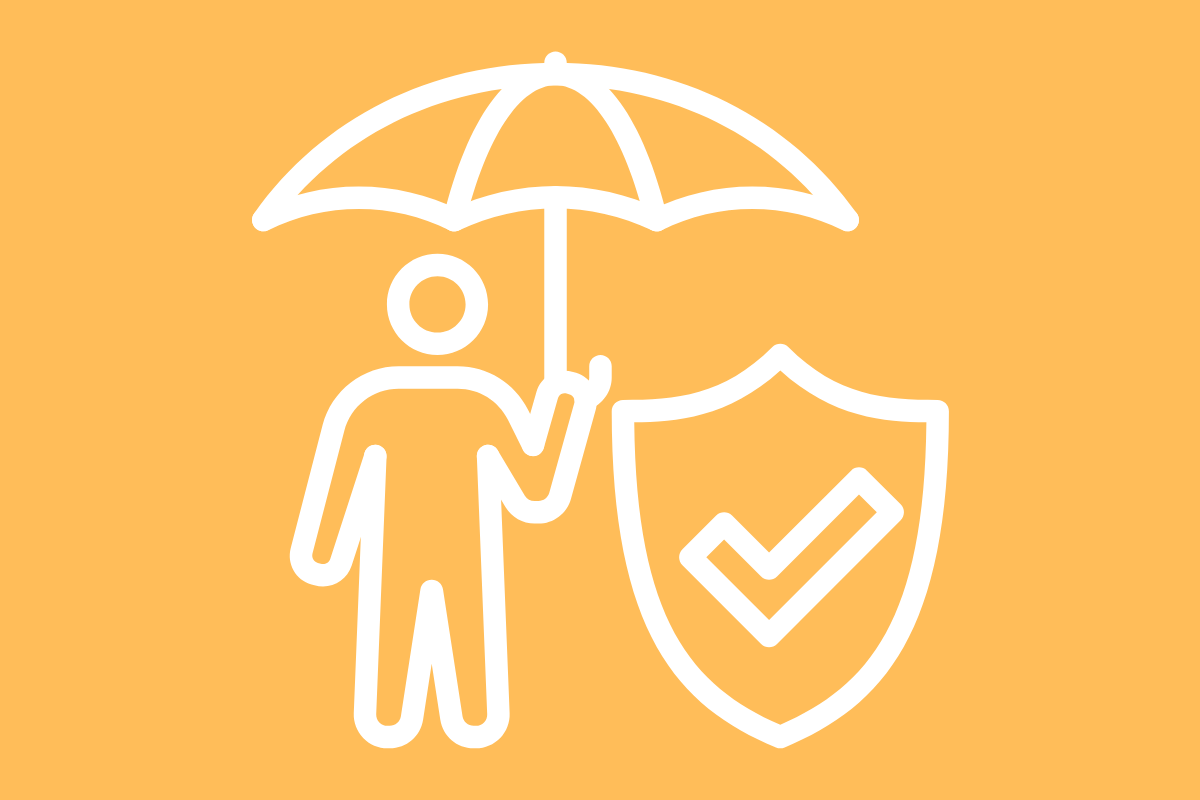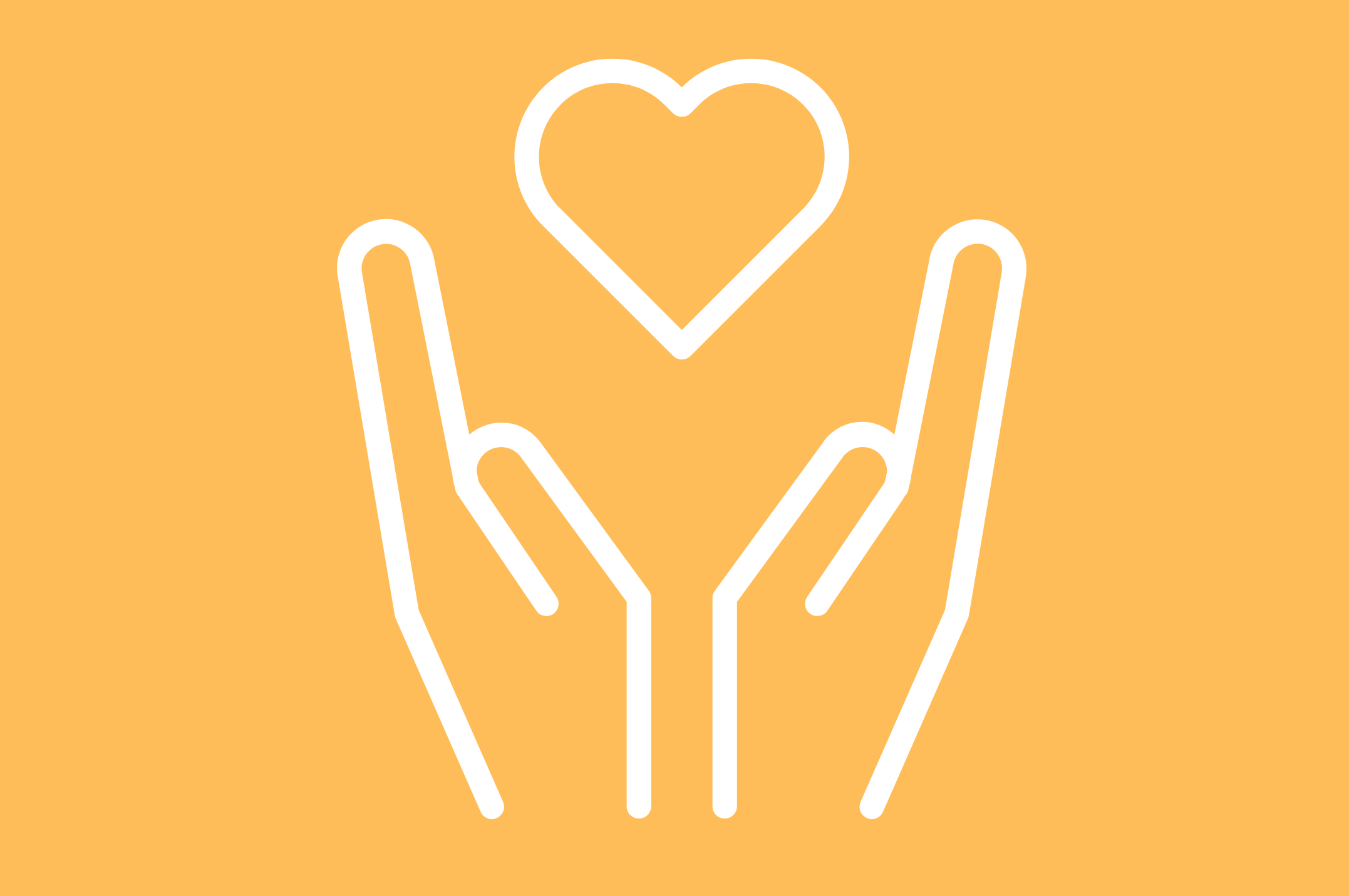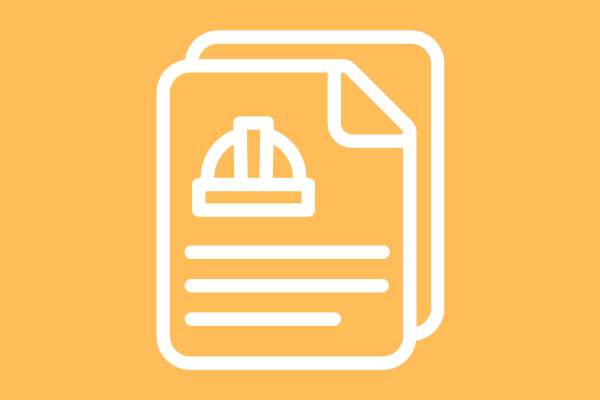What is PTSD (Post-Traumatic Stress Disorder)?
Any event that exposes someone to actual or threatened death, serious injury, or sexual violence has the potential to be traumatic. Post-Traumatic Stress Disorder (PTSD) is a mental health condition where fear, anxiety and memories of a traumatic event persist and interfere with how a person copes with everyday life.
It is important to note that PTSD does not describe the full range of reactions people may have to a potentially traumatic event. Someone can be ‘traumatised’ by events, but their particular difficulties may not fulfil the criteria for PTSD.
If someone is exposed to a potentially traumatic event in the context of their work, any resulting diagnosis of PTSD could be considered a workplace injury.
How common is PTSD?
- It is estimated that 2–20% of all people who have experienced traumatic events develop PTSD.
- 1–2% of Australian adults experienced PTSD each year.
- Approximately 12% of Australian adults experience PTSD in their lifetime.
RACGP Accredited PTSD Training Program
The WorkCover Tasmania Board has launched new PTSD training for general practitioners and others developed by Phoenix Australia, Australia’s leading experts in post-traumatic mental health. The training is accredited by RACGP and available through the learning portal on the RACGP Tasmania website and also the Phoenix Australia website.
See below for more information on PTSD
-

Symptoms and impacts of PTSD
Symptoms and impacts of PTSD -

Diagnosing PTSD
Diagnosing PTSD -

Preventing PTSD
Preventing PTSD -

Treating PTSD
Treating PTSD -

Recovery from PTSD and return to work
Recovery from PTSD and return to work -

Supporting someone with PTSD
Supporting someone with PTSD -

Lived experiences of PTSD
Lived experiences of PTSD -

Workers compensation for PTSD
Workers compensation for PTSD -

Resources for PTSD
Resources for PTSD
